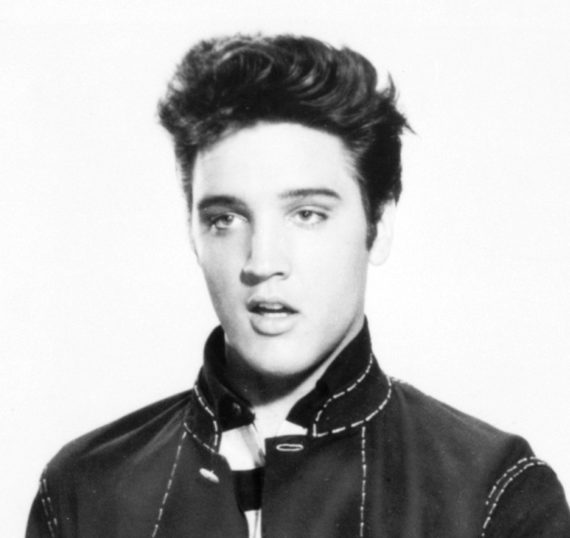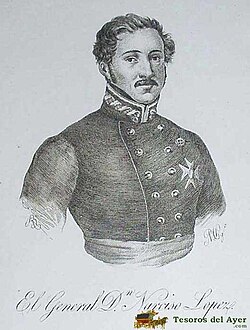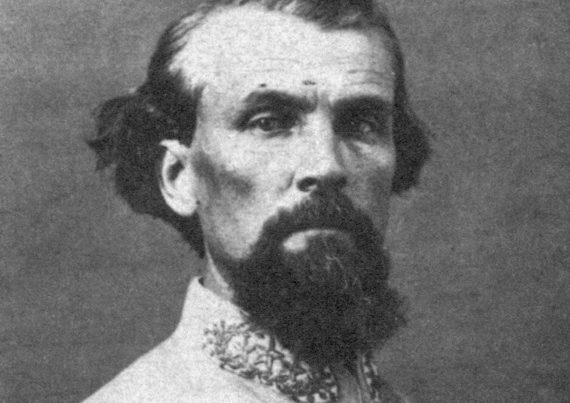The King of Rock and Roll brought himself up by his bootstraps, served Uncle Sam as a soldier and before his early demise came he had made an honest fortune for himself and many others. For that, he is belittled by those who hardly knew him.
“A little nod to the good old days, back when black visionaries could invent rock-and-roll but only a white man could become the king.” Washington Post pop music critic Chris Richards commenting on Elvis Presley being awarded the Medal of Freedom by President Donald Trump.
Elvis Presley was born in Tupelo Mississippi in 1935 as the surviving twin son of Vernon and Gladys Presley. His twin, Jesse was stillborn. He grew up in a two-room house and when he was 13 moved with his family to Memphis.
Presley’s rendition of “That’s All Right” by black delta blues writer Arthur Crudup was the beginning for Presley’s career. Presley spoke often of his love and appreciation of black music and black artists.
At one point Presley was quoted as saying that “the only thing negroes can do for me is to buy my records and shine my shoes.” Presley denied many times that he ever said such a thing and made a point of stating that those who knew him would know it not to be true.
The rumor, which started in 1957 was investigated in an interview with Presley by Jet magazine’s Louie Robinson who became convinced Presley never uttered the derogatory attribution.
Years later after the rumor had thoroughly been discredited blues singer Ivory Joe Hunter having been reminded of the old rumor while visiting Graceland spoke in glowing terms of Presley, stating “He was one of the greatest.”
It is not clear when Presley became known as “The King of Rock and Roll” but in any event, it was a subjective literary depiction as informal as “The Sultan of Swat.” Of course, Babe Ruth’s Medal of Freedom award from President Trump aligned perfectly with Presley’s as to offering “a little nod” to opposing the old Negro Leagues. Donald Trump knows how to nod to white folks.
The Presidential Medal of Freedom originated in 1945 under President Truman as an award for civilian service during WWII. It was later revived under President Kennedy and subsequently has been awarded periodically to numbers of prominent Americans in a multitude of fields.
Now we are told by certain media types that there is a political undercurrent to a particular recipient (though deceased) that begs the question: How many of previous awardees have had their Medals given as a nod?
Walt Disney in 1964, as Lyndon Johnson’s nod to the Song of the South and those who loved Tales of Uncle Remus?
Perhaps Robert Penn Warren a charter member of The Fellowship of Southern Writers or Eudora Welty, Pulitzer Prize winner from Jackson, Mississippi. These were of course 1980 nods to Jimmy Carter’s good old Southern brethren who denied blacks “kingship.”
But always the politician, President Regan offered an equal opportunity nod to Jackie Robinson’s supporters to keep the black/white score from a white rout.
One of the first whom JFK presented the award to was Supreme Court Justice, Felix Frankfurter. One of the last to whom President Carter awarded was Supreme Court Justice Arthur Goldberg.
Presumably, both were getting the “award nod” for having not disassociated themselves from Hugo Black, with whom they served, who not only served as a Justice on the Supreme Court but also served the KKK.
Elvis took a God-given talent and with meager beginnings built a life around that which he loved: song and dance. He did it in a state where the population was 45% black. Any Mississippi native (as I am) will tell you, whether in the days of segregation or after the civil rights marches and legislation that if you didn’t have black friends and associates you either were in a coma or remained in bed 24/7.
Elvis loved music and one particular style was from black blues and honky-tonk rock-a-billy. Any claim that he was crowned an idiosyncratic king although he was less deserving than blacks, does a disservice not to Elvis but to blacks.








Oh, I wish I was in the land of cotton old times there are not forgotten look away, look away, look away Dixieland “Take it fellas” Good job, Paul!